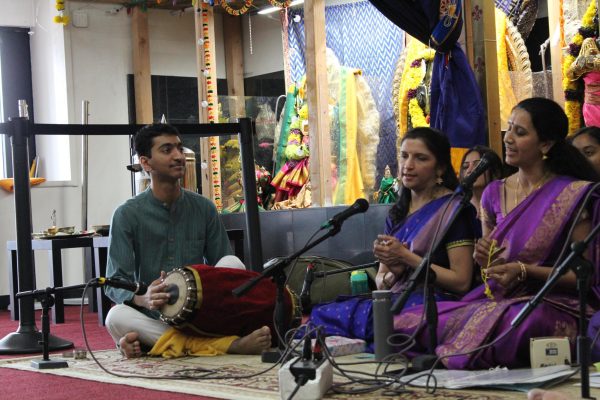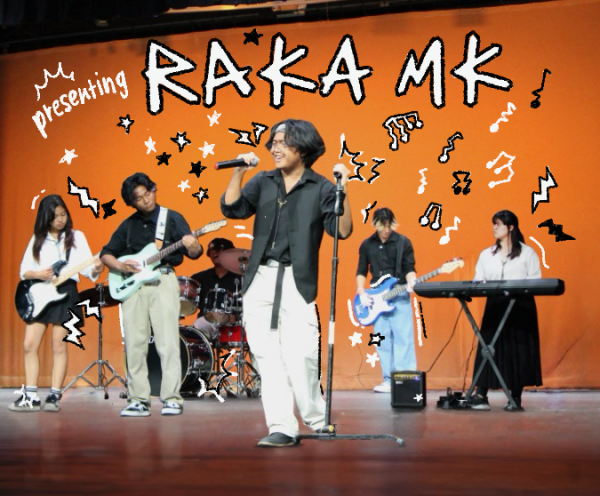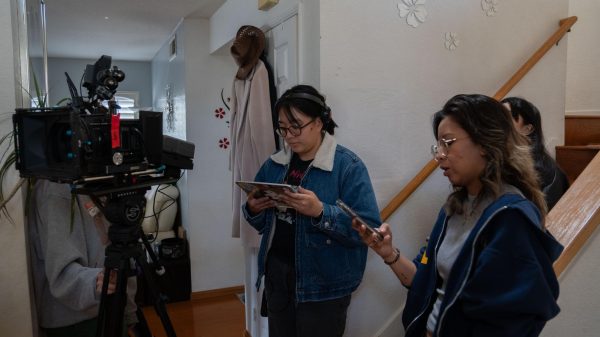Misrepresentation in media harms LGBTQ students’ self-image
November 19, 2021
I don’t think anyone tries to model themselves after the characters they see onscreen. Let’s be honest neither Walter White nor Daenerys Targarian would be very good templates for functioning members of society. But studies do show that film representation can allow people to feel more secure and increase their self esteem. Not only does representation help bring light to certain issues but it also helps people feel less alone in their problems and make them more likely to reach out in their pain.
For Vanessa Smith alot of media has been very helpful in shaping her into eventually coming out as pansexual. Shows like Steven Universe helped normalize accurate lesbian and gay couples at a very young age, something that helped her start to process her sexuality.
But Smith says that a lot of the time LGBTQ representation isn’t done as tastefully as it was in Steven Universe. She says that more often then not the pains and intricacies of the LGBTQ experience are reduced to the typical caracatures of what it means to be gay.
After a childhood of watching realistic depictions of lesbian couples onscreen Smith became excited for each new feature that promised her representation. So when it was announced in 2017 that there would be a gay charatcer in the live-action Beauty and the Beast remake, she was more than just excited.
“I remember there was a big commotion that the character of Lefou was supposedly going to be openly gay,” Smith said. “It was really exciting to see representation by a big company, let alone Disney. I felt validated that Disney would be shining a positive light on my community.”
2017’s Beauty and the Beast was the first Disney film to feature an openly gay character. Instead of simply being Gaston’s sidekick—as he was in the original 1991 film—LeFou was going to toil with his problem of admiration vs adoration for his friend Gaston.
“Lefou was marketed as a main character in the movie’s press,” Smith said. “It made it seem like he’d be an integral part of the movie. Me and my friends at school were all talking about it, planning to watch it together because of his character.”
However, following Smith’s viewing of the movie, she says she felt as though Disney had cheated her out of representation.
“Lefou’s sexuality wasn’t explored or touched upon in the movie—unless you count the end where he was seen dancing with another man,” Smith said. “It felt like baiting the LGBTQ community as a way for Disney to get more attention for a subpar movie. Stunts like these normalize suppressing the exploration of sexual identity and gender presentation. It made me feel embarrassed to be myself and that I needed to hide that part of me.”
Grace He’s (11) first experience with LGBTQ media also disappointed her in its depiction of the LGBTQ expeeience. She said first encountering LGBTQ characters in Riverdale was damaging for her journey towards figuring out her place in the community.
“It really felt like the gay characters were being exploited for the sake of the story,” He said. “The show’s creators made being gay a character choice to help further the plot and benefit the leads, rather than just a part of the character’s identity. It’s specific stereotypes made me feel that I didn’t belong in the LGBTQ community because I didn’t act like I thought they should.”
While He wasn’t necessarily trying to figure out her sexuality at the time, she says her later journey of self-discovery was severely hindered by depictions like those in Riverdale.
“Seeing somebody who’s LGBTQ portrayed as this stereotype-ridden, monotone character whose only significant personality trait is liking the same gender is really frustrating,” He said. “It made me doubt myself to such a degree that I felt that I was losing control of who I was. This in turn honestly made me loose so much self confidence cause it made me question, ‘If I’m gay too, does that mean suddenly that I have to act that way?’”
Smith agrees that lazy writing of LGBTQ charaters can affect how people working through their sexuality see themselves. She says she worries it may cause those processing their sexuality and gender presentation to subdue thoughts about how they want to present themselves in their sexual and gender identity or even neglect feelings that they may have concerning sexuality. The relationship between the two main characters of Pixar’s 2021 film Luca is one example, she said.
“There are a lot of people trying to figure themselves out who could relate to Luca,” Smith said. “The fact that at the end of the movie they did not end up together could lead many people to think the feelings they have should just be considered platonic. The movie kind of normalized suppressing those feelings and just staying as friends rather than, you know, acting upon them.”
He says that film and television need to work harder to create more nuanced depictions of LGBTQ characters. She said that trying to hone in on what it means to be a member of the community can help those figuring out their gender and sexual identities.
“Giving LGBTQ characters depth in film helps empower its viewers,” He said. “Seeing somebody who’s really confident in their sexuality, but also has a lot of complexity, it just honestly just makes you feel like it’s okay to feel the way you feel. It tells you that if they’re open and confident in loving who they want to love, then why shouldn’t I be able to do the same thing?”







